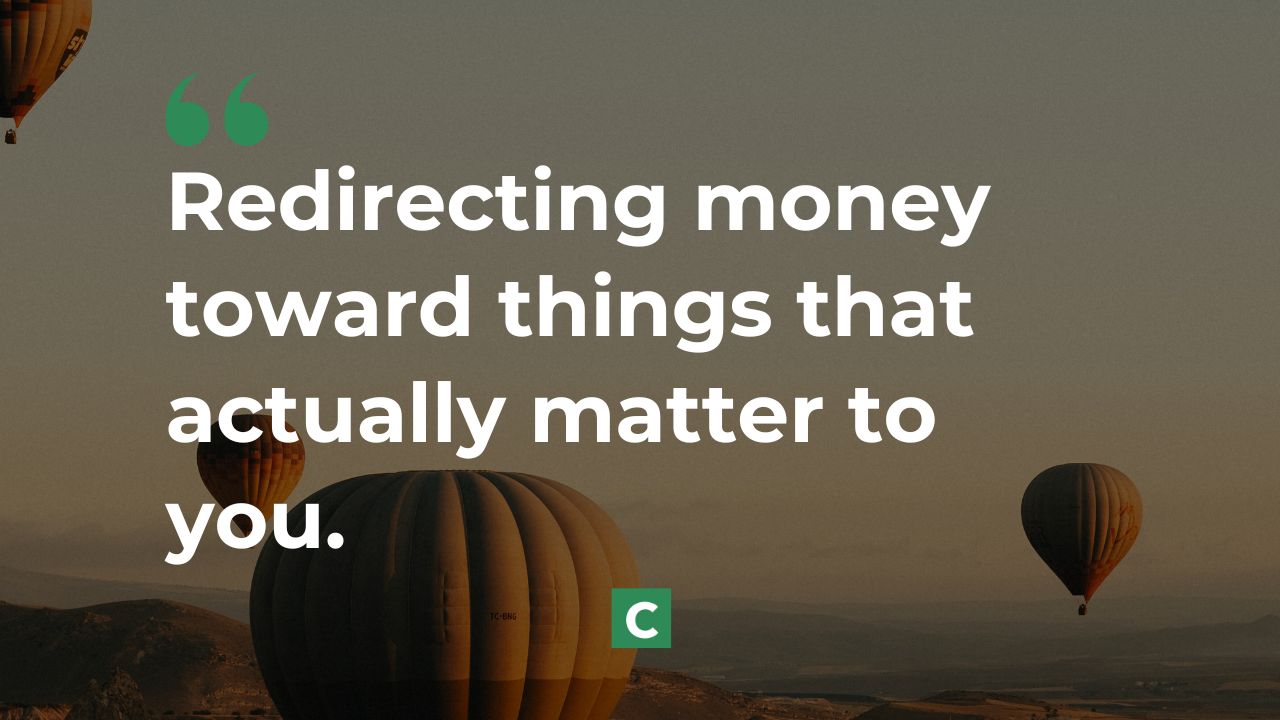Sometimes the simplest way to build wealth isn't by earning more money, but by stopping unnecessary spending.
While most entrepreneurs focus on scaling revenue, few discuss how basic spending habits quietly steal both wealth and freedom.
I've learned that financial freedom isn't about following common advice. It's about intentionally choosing what to stop buying.
Using a simple Notion expense tracker (which I'll share with you), I discovered three spending categories that were draining my wealth without adding value.
The best part? I don't regret any of it.
Let's begin.
1. Mindless Spending
Social pressure pushes us to buy the latest trends and designer clothes.
Looking at my Amazon spending in Notion opened my eyes. What I thought were occasional purchases added up to $200-300 monthly.
This money could have been used to build wealth instead.
But, the decision to stop mindless shopping brought unexpected clarity. I now focus on quality essentials that matter, saving over $1,000 annually.
This strategy extends to practical choices too:
- Reviewing car insurance rates every 6 months
- Switching providers to avoid unnecessary increases
These savings now flow to index funds and Bitcoin purchases through Coinbase. Annually, I move a portion to cold storage for true asset control.
But wasteful spending habits don't just show up in shopping carts. They hide in plain sight through monthly subscriptions too.
2. Digital Subscriptions
My monthly subscription audit exposed an uncomfortable truth.
I was paying for:
- A Wall Street Journal subscription and multiple news apps I never opened
- A $100 annual meditation app that I only used for sleep sounds
These “productive” purchases felt smart but drained over $100 monthly from my accounts.
This isn't about extreme frugality. I still enjoy my regular coffee shops and keep subscriptions that add real value.
The meditation app, for example, taught me something useful. I could get the same sleep sounds from YouTube Music, a service I already paid for. That simple realization helped me spot other redundant services.
Canceling unused subscriptions freed up $1,000 annually for investments. All without changing my lifestyle. The difference came from honestly evaluating what I actually used versus what I hoped to use.
While fixing digital subscriptions felt like a win, my biggest expense was still waiting to be addressed.
3. Commuting
My 60-mile daily commute was more than just a fuel expense.
At $3 per gallon with 20 MPG, gas alone cost $240 monthly. Add in extra maintenance, car depreciation, and hours lost sitting in traffic, and the true cost was even higher.
Transitioning to remote work changed everything.
Not everyone can make this switch right away, but the impact was clear:
- I saved $2,800 annually
- Extra money now gets invested
But the best part wasn't even about money. Removing the commute gave me hours back each week. No more rushing through morning traffic or missing evening plans because of late drives home.
Sometimes your biggest wealth-building opportunity comes from eliminating what drains both your wallet and your energy. Like those subscription changes, it's about choosing where your resources go.
Making Small Changes for Big Impact
Every successful entrepreneur knows how to make money. But building real wealth comes from intentional spending choices.
The small decisions you make today about shopping habits, subscriptions, and lifestyle costs shape your financial future.
Take a moment this week to review your own expenses. Look for those sneaky costs that drain your resources without adding value.
Remember, this isn't about depriving yourself. It's about redirecting money toward things that actually matter to you.
I've shared my Notion template to help you get started.
The only question is: which expense category will you tackle first?
Chris helps entrepreneurs build wealth while prioritizing their freedom. Through over a hundred conversations on the Financially Well Off podcast, he’s uncovering what truly works to create balance, income, and independence. He shares weekly strategies to help you build a life where you can live well and work less.




